Calcium Deficiency Symptoms and Calcium Food Sources
What is calcium?
Calcium deficiency symptoms are extremely common in North America. According to the United States Department of Agriculture (USDA) 68% of the American population eat less than the daily recommended allowance of Calcium.
Calcium is the most abundant mineral in the body, 99% of calcium is deposited in the bones and teeth, but calcium is also very important for healthy blood and regulating the heartbeat.
To function properly calcium must be accompanied by magnesium , phosphorous, and vitamins A,C,D,E. These are co factor nutrients that aid the absorption and use of calcium in the body.
Calcium is an important mineral for all of us, but particularly for post menopausal women and those suffering from heart disease and hypertension.
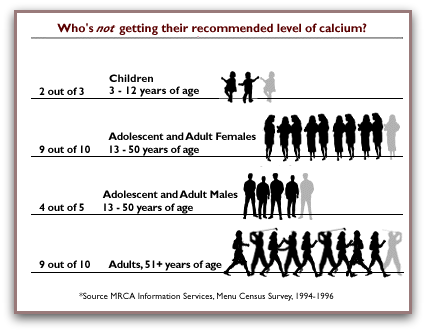
Calcium deficiency symptoms:
1) high or low blood pressure
2) Anemia (lack of Iron)
3) Emphysemia
4) kidney disease
5) Nervousness/ excessive irritability
6) Muscle cramps
7) Numbness and tingling in the arms and legs
8) Heart palpitations
9) Tooth decay
10) Insomnia
11) Impaired growth
12) Growing pains Foods rich in calcium:
- Dairy products such as milk, cheese and yogurt
-Canned Salmon, shrimp, Sardines (including bomes)
-Green vegetables: Kale and Broccoli and the leafy greens: collard greens, turnip greens, mustard greens.
-Soybeans/tofu
Calcium Supplements:
If you are taking a daily multivitamin/mineral supplement, it probably contains additional calcium. Daily requirements are approximately 800 milligrams or as directed on the label. If you are exhibiting calcium deficiency symptoms, you will need more calcium in your diet.
It is always best to choose food as your calcium source, particularly low fat dairy products. If you have an intolerance to dairy products, like a lot of people, you may be able to eat yogurt which is easier to digest. Otherwise you will need to focus on other food sources such as greens and soy products.
If you take a calcium supplement, it is best to choose one that is a 'chelate' or is 'chelated' (bound to an amino acid for easier absorption).
Unfortunately, natural calcium supplements may be high in lead. A 1993 Canadian study conducted at Trent University, measured the lead content of 70 brands of US and Canadian calcium supplements and found that natural sources of calcium ranked high for the neurotoxin: lead.
The calcium products were grouped into 5 categories and show the amount of lead per 800 micrograms. Keep in mind that the acceptable lead limit is 1 microgram (mcg) per 800 micrograms:
Refined Calcium carbonates .92 mcg. of lead per 800 mcg.
Calcium chelates 1.64 mcg. of lead per 800 mcg.
Dolomite 4.7 mcg. of lead per 800 mcg.
Unrefined calcium Carbonate (limestone, oyster shells) 6.05 mcg. per 800 mcg.
Bone meal 11.3 mcg. of lead per 800 mcg.
Usually 'natural' is good, but with minerals like calcium and magnesium, the chelates and carbonates may be a better choice of supplement.
Final thoughts:
Healthy foods such as lean proteins, fruits and vegetables help increase the absorption of minerals.
Are you deficient in magnesium?
Back to Calcium deficiency symptoms
Isobel's weight loss program is one of the best on the internet
Best foods to lower blood pressure
8 Supplements to reduce your blood pressure
Do you have calcium deficiency symptoms?
Do you have magnesium deficiency symptoms?
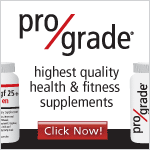
ProGrade offers high quality products, try their chocolate protein powder!
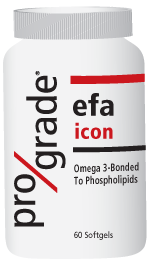
Burn more calories with krill Omega 3 oil

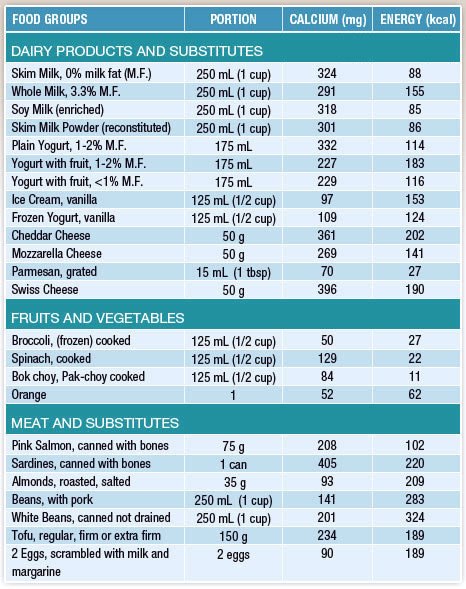






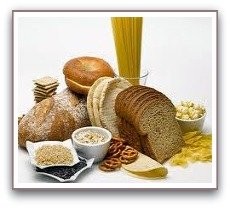
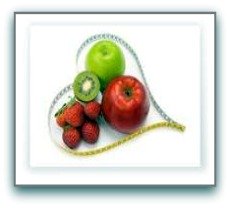
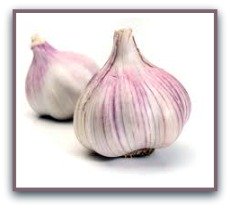
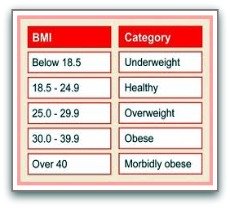
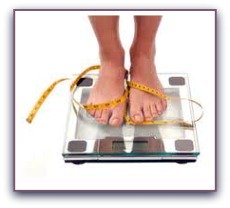
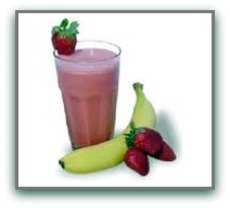


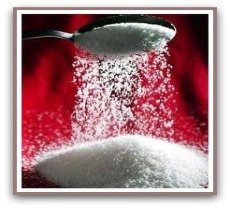
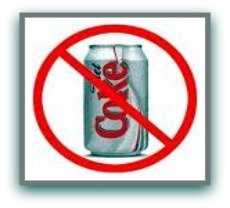
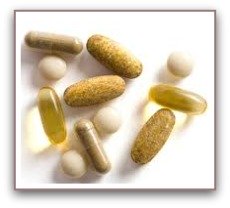
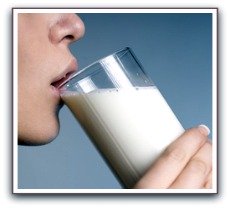
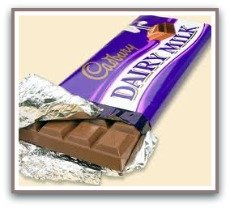
New! Comments
Have your say about what you just read! Leave me a comment in the box below.